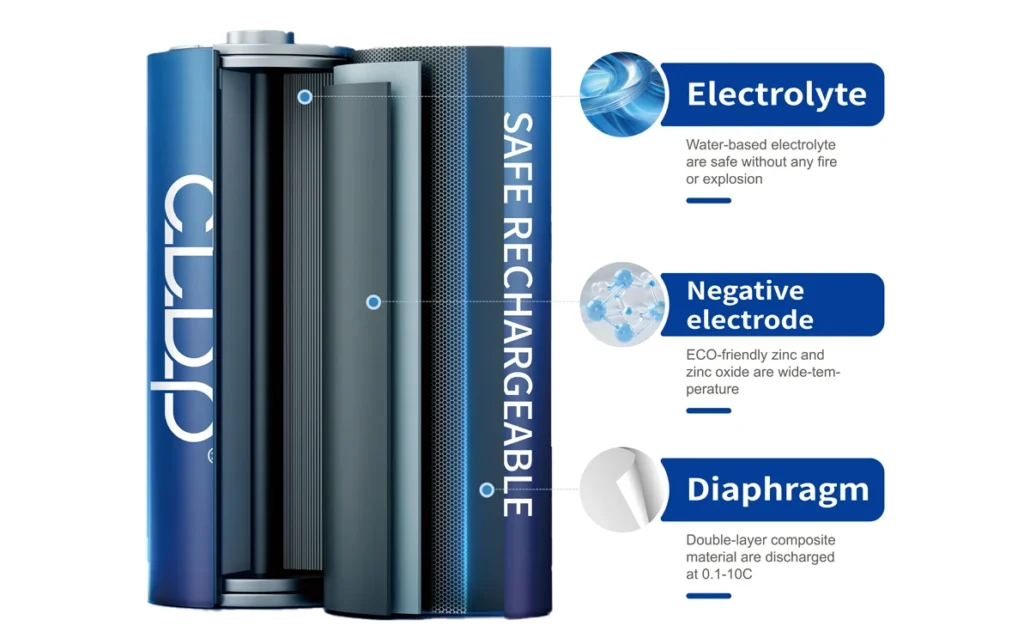USB rechargeable batteries typically refer to reusable batteries that can be charged through a USB interface and are widely used in various portable electronic devices.
Convenience:
Easy to Charge: USB rechargeable batteries can be charged directly through a computer USB port, power bank, or any adapter that supports USB output, without the need for a dedicated charger, greatly improving the convenience of use.
Charge and use as you go: Due to the almost ubiquitous USB interface, users can find charging opportunities in almost anywhere, such as the office, home, car, and even outdoors.

Environmental protection and energy conservation:
Reduce disposable battery consumption: Compared with traditional disposable batteries, USB rechargeable batteries can be charged and discharged multiple times, reducing the use of disposable batteries that are harmful to the environment.
Reduce waste generation: In the long run, reducing the disposal of waste batteries can contribute to environmental protection.
Cost effectiveness:
Cost saving: Although the initial cost of purchasing USB rechargeable batteries may be higher than disposable batteries, considering their long lifespan and reusability, they can significantly reduce the total cost for users in the long run.
Multi purpose compatibility:
Widely applicable: USB rechargeable batteries have the same size as regular batteries and serve the same purpose as regular batteries.
Intelligent management function:
Built in protection mechanism: Generally, USB rechargeable batteries have functions such as overcharge protection and short circuit protection, which can extend battery life and improve safety.
In summary, USB rechargeable batteries have been widely used in daily life due to their convenience and environmental friendliness. However, for applications that require high battery capacity, they may not be the optimal choice.




